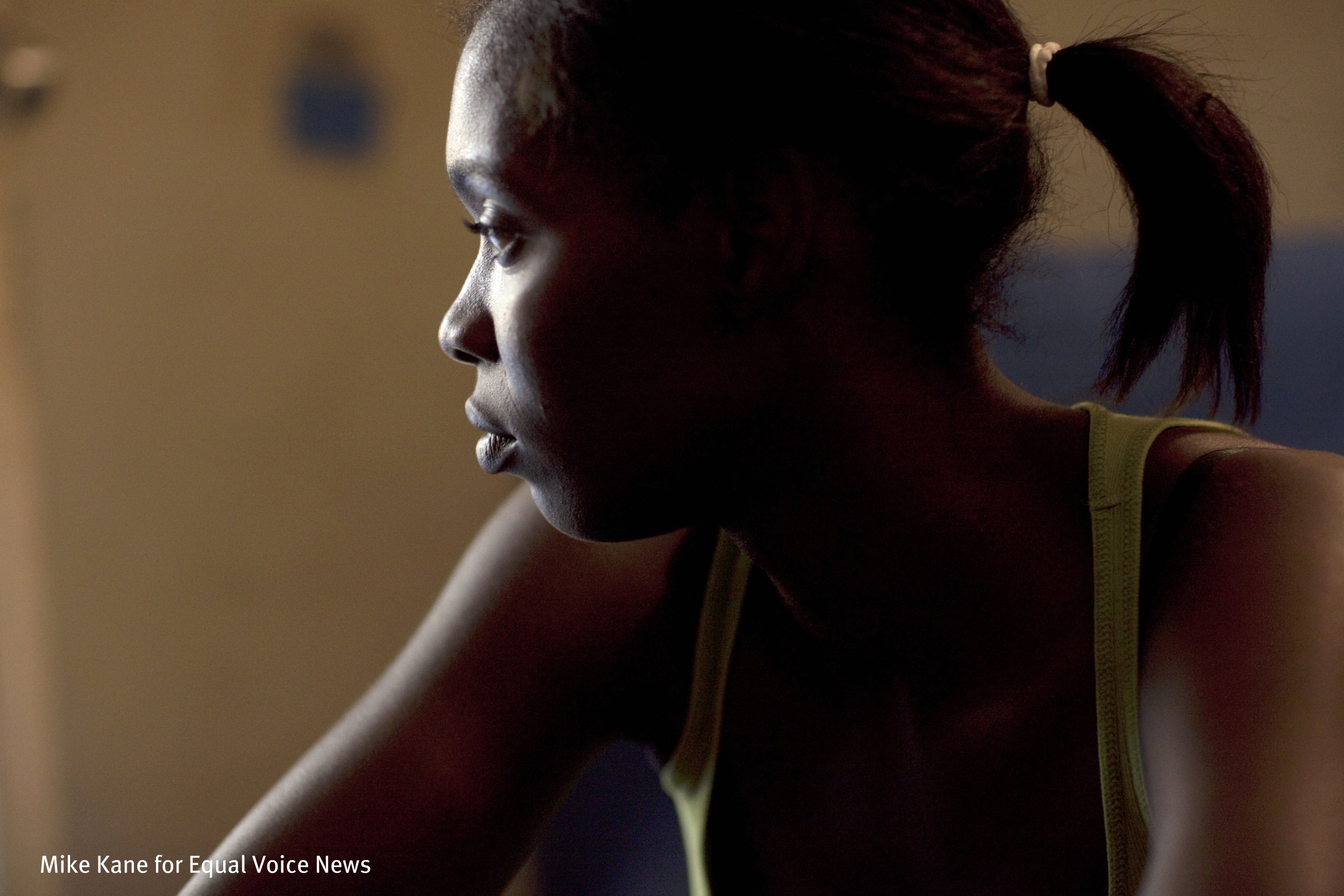 Domestic violence is a leading cause of homelessness nationally. Indeed, one out of every four homeless women is homeless because of violence committed against her. With affordable housing in short supply and federal housing programs under-resourced, low-income domestic violence survivors and their children are often forced to choose between life with an abuser and homelessness. Further, they are often evicted for disruption or damages caused by their abusers.
Domestic violence is a leading cause of homelessness nationally. Indeed, one out of every four homeless women is homeless because of violence committed against her. With affordable housing in short supply and federal housing programs under-resourced, low-income domestic violence survivors and their children are often forced to choose between life with an abuser and homelessness. Further, they are often evicted for disruption or damages caused by their abusers.The Law Center works to improve access to housing for domestic violence survivors and their children. Our program includes legislative and administrative advocacy at all levels of government and trainings on housing protections, in particular those in the Violence Against Women Act (VAWA), for advocates, social service groups, and public housing providers across the country.
Landmark housing rights amendments to VAWA were passed in 2006 after years of advocacy by the Law Center. They prevent women living in public and federally subsidized housing from eviction based on the actions of their abusers and give Public Housing Authorities the ability to transfer a survivor to another housing unit on an emergency basis. Important amendments passed in February 2013 expand on these protections by including nine additional federally subsidized housing programs, explicitly protecting survivors of sexual assault, and mandating that housing agencies create and implement emergency housing transfer options.
While the new law is a major step forward, VAWA's protections do not apply to private housing, and as a result many survivors remain unprotected. That’s why the Law Center urges and supports states to take action by advocating for housing rights at the state and local level.

.jpg)

